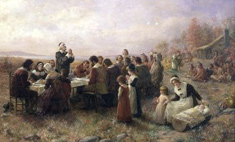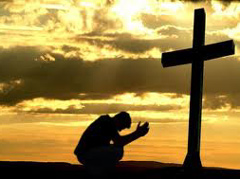 by Chad Stafko –
by Chad Stafko –
The energy policies of the Obama administration have made America less safe and have significantly contributed to our nation’s high unemployment rate and lackluster economic growth. At the same time, President Obama’s failure to expand our oil resources has led to higher prices at the gas pump for all Americans. In short, the Obama administration has been an utter failure in managing the energy sources of the United States.
The U.S. State Department recently delayed approval of the TransCanada Keystone XL pipeline until at least early 2013. This pipeline was to have run from Western Canada’s Alberta province all the way down to the U.S. Gulf Coast. It would have provided for 500,000-700,000 barrels of oil per day from Canada, one of our closest allies. But the Obama administration cowered to some protests of extremist environmentalists in Nebraska and thus decided to punt the decision until after the 2012 elections. [Read more…]

 Economic Freedom –
Economic Freedom – by Jeffrey Folks –
by Jeffrey Folks – by James Hitchcock –
by James Hitchcock – by Andy Logar –
by Andy Logar – by Fr. Athanasios Papagiannis –
by Fr. Athanasios Papagiannis – by Peg Luksik –
by Peg Luksik –
 by Fr. Gregory Hallam –
by Fr. Gregory Hallam –